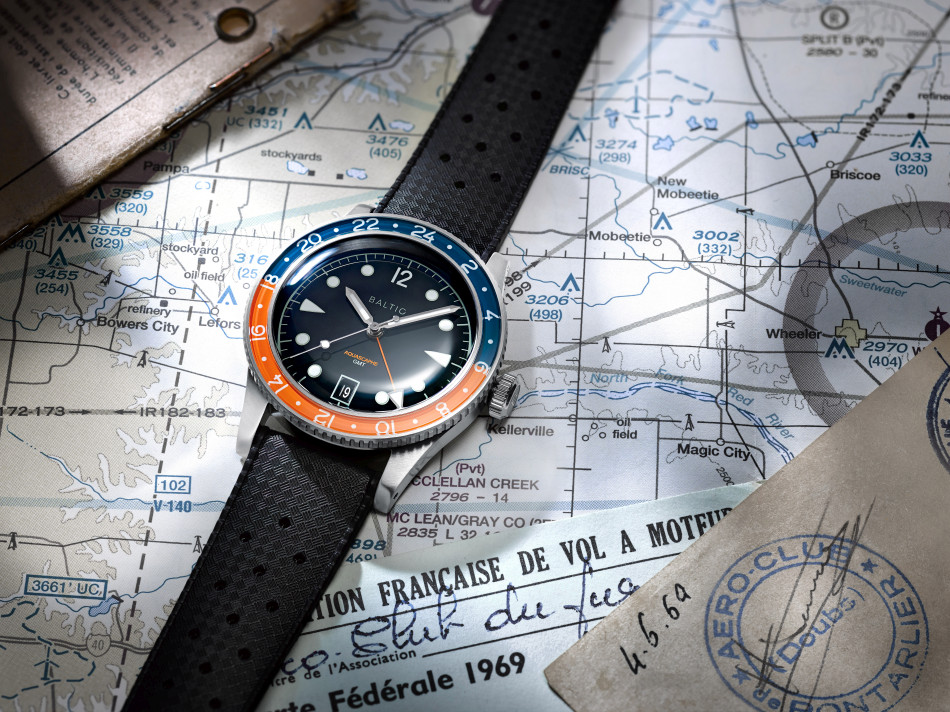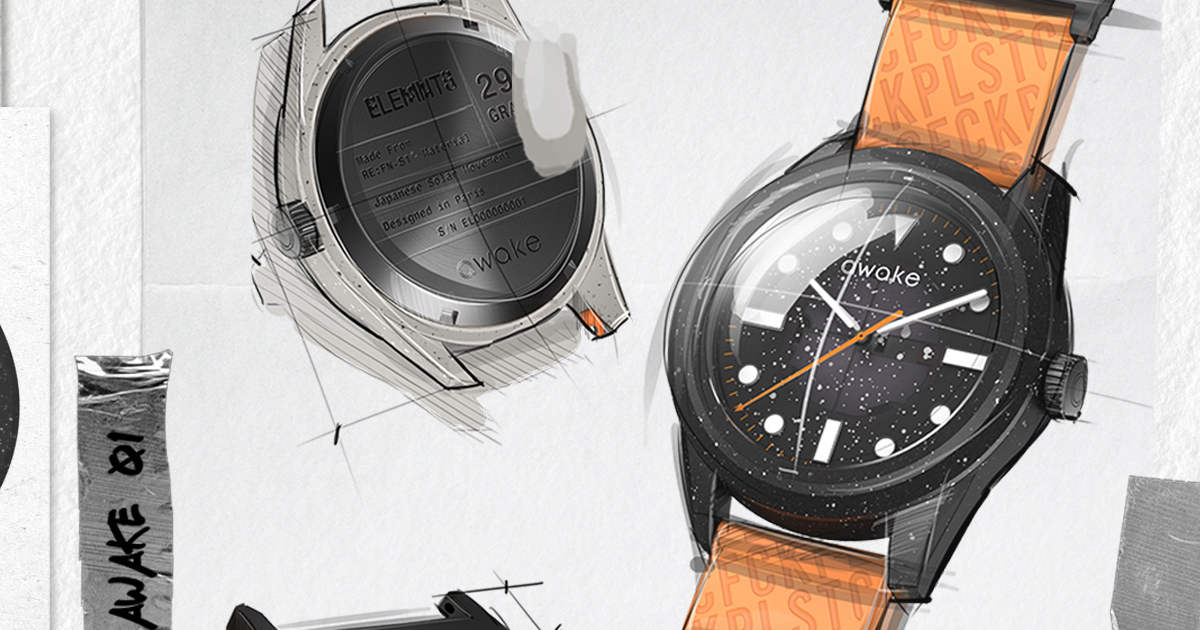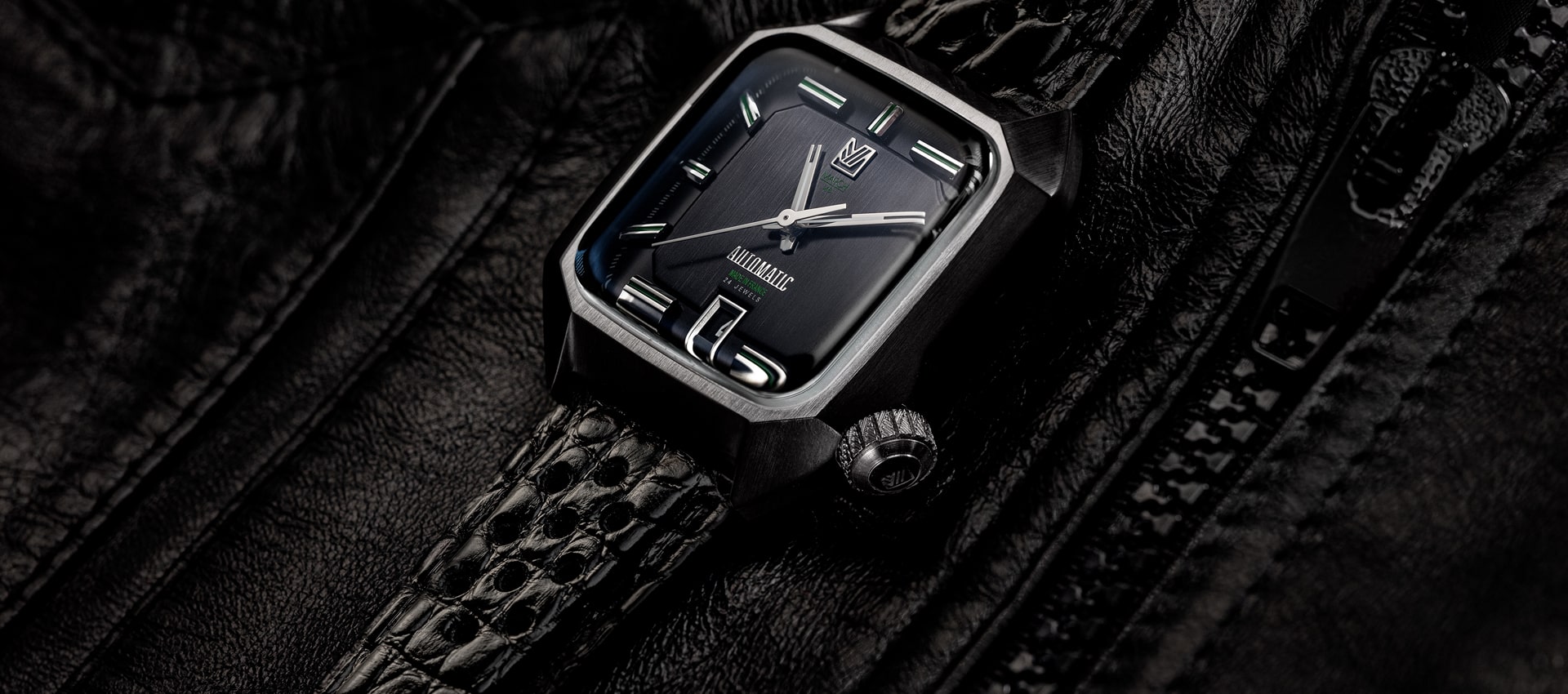
What is a "micro-brand" in watchmaking?
In recent years, we have witnessed the rise of young watch brands that are disrupting the traditional watchmaking landscape. These so-called "micro-brands" are young brands, generally founded by enthusiasts. These projects have emerged in particular thanks to the Kickstarter participatory financing platform. The principle is simple: anyone can set up a project online, using descriptions of the watch and visuals. Interested internet users can pay for the watch in advance at an advantageous rate, but in return, they cannot see the watch in real life and must wait several months for the watch to be manufactured and shipped. This business model allows these micro-brands not to advance too much cash since customers pay before their watch is made. It is also a very good way to judge the attractiveness of a project before it is born. The number of contributors is a relevant indicator of the attractiveness of a product or service.

What are the advantages of these "micro-brands"?
Let's take the example of one of these "micro-brands": AWAKE, a watch brand that was created via Kickstarter and raised more than $300,000 in a few months. AWAKE is an independent project, founded by several watch and ecology enthusiasts. The AWAKE project has strong values because the watches are eco-responsible. Their development is based on R&D in innovative recycled and recyclable materials. For example, they have developed a watch case made of recycled fishing nets and their watch was seen on the wrist of French President Emmanuel Macron during the G7. These "micro-brands" favour short circuits, which reduces intermediaries and the final selling price is often very interesting. Other projects are initiated by enthusiasts, such as the Baltic brand. Baltic takes up the codes of traditional watchmaking by offering watches that are up to the standards of the most famous watchmakers but at an advantageous price. The after-sales service is often very reactive and competent because these brands are very concerned about their brand image and the founders do not hesitate to respond directly to their customers if necessary!
It is also possible that these "micro-brands" do not survive, that these companies close down and are no longer able to provide after-sales service.
What are the disadvantages of these "micro-brands"?
As Kickstarter is a platform accessible to all, some projects seek to minimise production costs and maximise their margins. Beware of young "fashion" brands that offer pretty, low-quality watches with huge margins. It is also possible that these "micro-brands" will not survive, that these companies will close down and that they will no longer be able to provide after-sales service.

There are examples of "micro-brands" that have become "macro-brands". Over time, some projects become established brands in the watchmaking landscape. For example, the March Lab brand has become a durable brand with high quality models at a consistently competitive price. Today, March Lab models can be found in their boutiques or at certain retailers, alongside traditional watch brands.
In conclusion, we can see that with the birth of Kickstarter we have witnessed the advent of new players in the world of watchmaking that bring a breath of fresh air to this sector. These brands are broadening the range of watches available by offering innovative projects at competitive prices. This is why we encourage you to discover these "micro-brands"!



